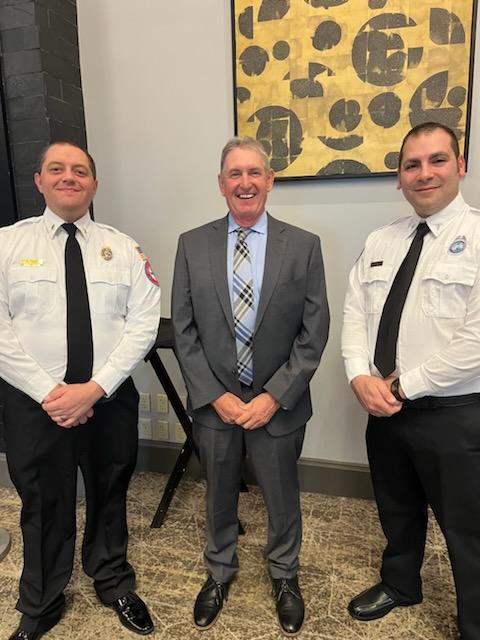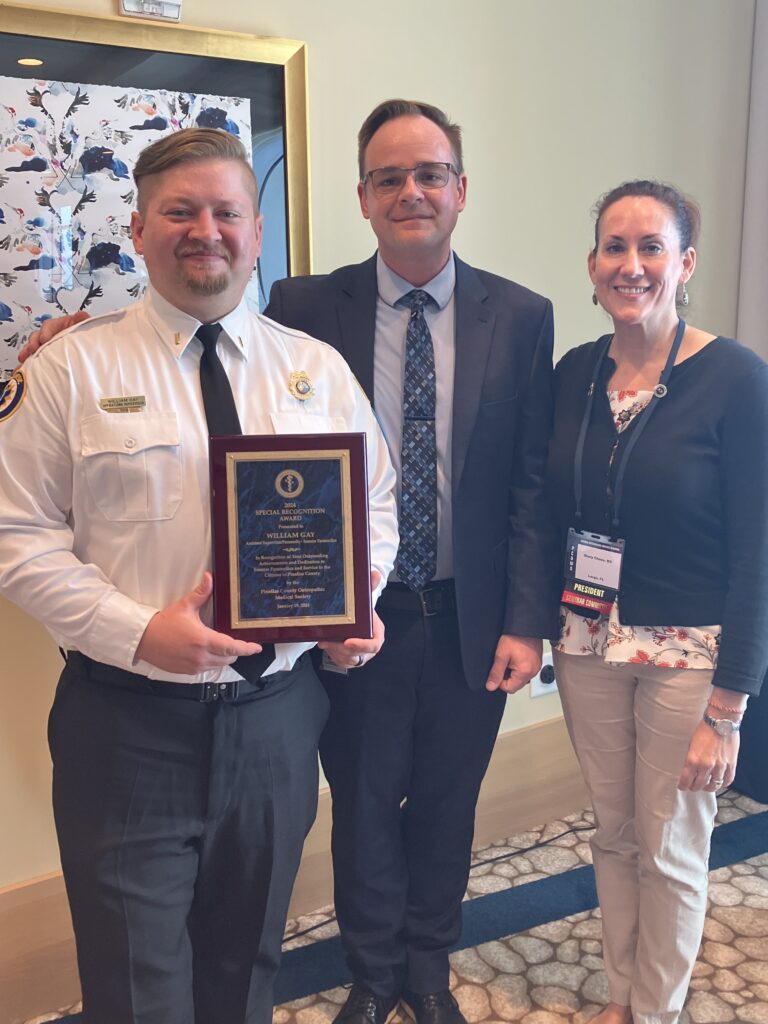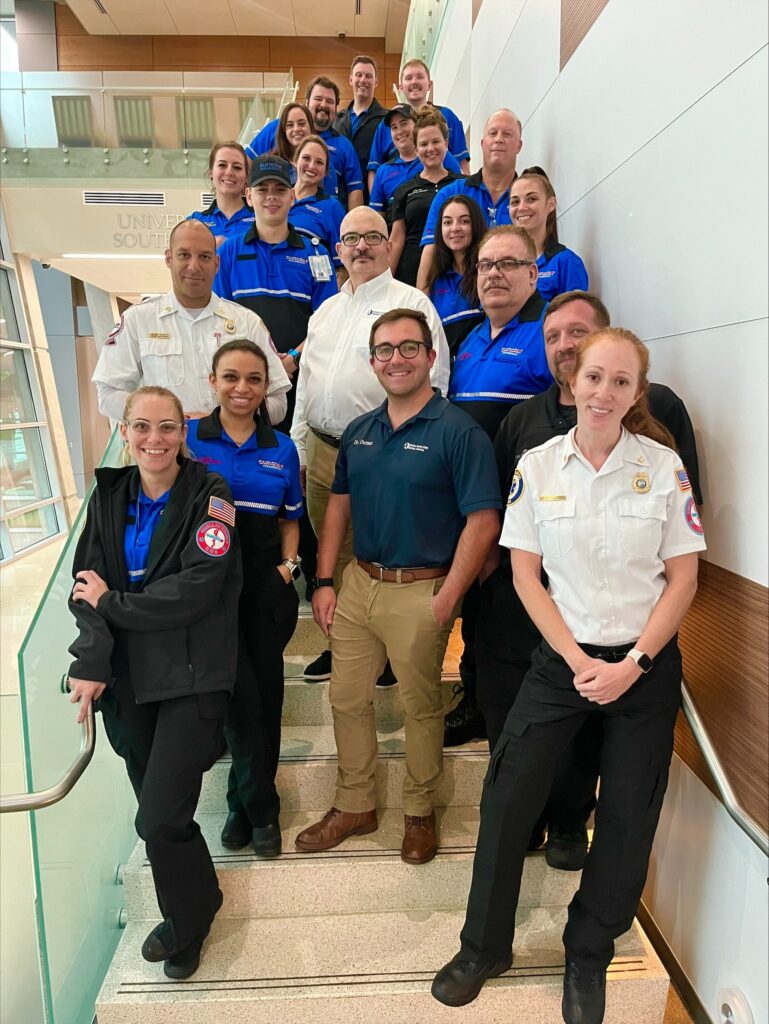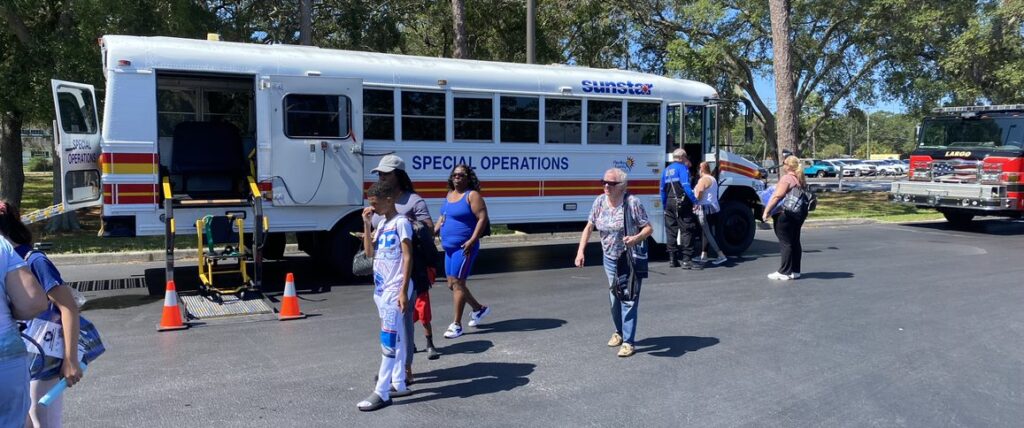Sunstar focuses on stroke awareness for American Heart Month
More than 795,000 Americans each year experience a stroke, according to the American Heart Association. A stroke occurs when a blood vessel ruptures or is blocked by a clot, causing a lack of oxygen to the brain and brain cell death. Recognizing stroke symptoms and quickly receiving medical care are necessary to minimize the amount of time the patient’s brain is without oxygen and potential long-lasting damages. Stroke is the fourth leading cause of death among Americans.
Last summer, Largo resident Hope Berg experienced a transient ischemic attack (TIA), more commonly known as a “mini-stroke.” Today, she tires easily, but otherwise has no long-term negative effects. She credits her positive outcome to the swift response and excellent care from Sunstar Paramedics.
Berg began experiencing occasional dizzy spells and headaches in 2013, but no headache compared to the one on July 29, 2014. She attempted to grab the tabletop in her kitchen to regain her balance and a painful tingling sensation washed over her left arm and moved to her left leg. Then she realized that she could not move either one.
“That’s when I knew I was having a stroke and yelled to my husband to call 9-1-1” said Berg. “It seemed like Sunstar arrived as soon as he hung up the phone, it couldn’t have been more than 4 minutes.”
Sunstar paramedic Maya Daniels and EMT Marino Polanco administered stroke tests in the ambulance and communicated by radio with the Largo Medical Center to prepare for her arrival. It is critical for the EMS crew to use a series of tests to determine if the stroke is being caused by a bleed or clot, which will indicate which hospitals are best suited to treat the patient.
“They were so kind. Maya held my hand and talked with me through the entire process,” said Hope. “I was terrified, but Sunstar’s calmness and professionalism was reassuring. I knew I was getting the best possible care.”
Mini-strokes, like the one Berg experienced, are often the result of a temporary block in the arteries that can unclog in a matter of minutes. While a TIA may pass quickly, it can be a precursor to a full-blow stroke if not treated.
Because a TIA can pass quickly, many people ignore the warning signs. Luckily, Berg recognized it as stroke symptoms and sought medical attention. 9-1-1 should be called immediately at the first sign of stroke symptoms: face drooping, arm weakness and speech difficulty.
Genetic factors make some people predisposed to suffering a stroke, but nearly 80 percent are preventable. Controllable risk factors include health conditions such as diabetes, high cholesterol or atrial fibrillation. For more information on stroke risk factors, visit the American Heart Association.




